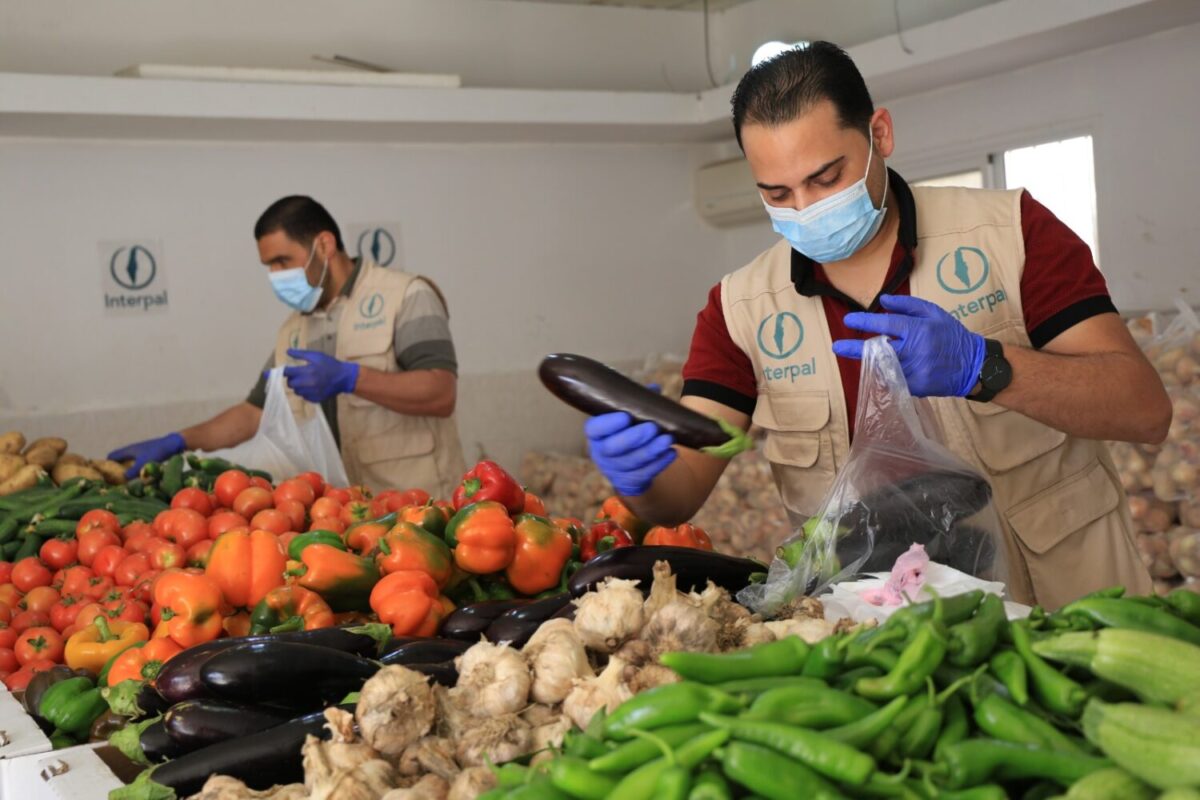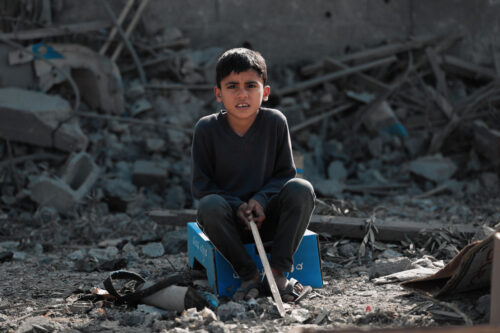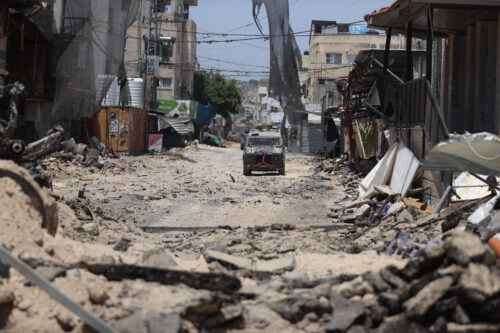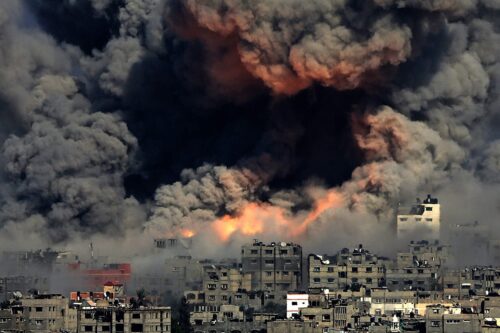World Food Day: Palestinians Facing Food Insecurity

Food sustains individuals, communities and economies and is also a vital part of cultures and heritage. It is also a source of great stress and despair for millions across the world coping with food insecurity, malnutrition and even starvation.
Palestinians across the Middle East continue to face ongoing struggles and food insecurity is worsening due to the ongoing impact of the Coronavirus Pandemic. 80% of households in Gaza are reliant on international assistance to meet their basic food needs, whilst a up to a third of households in the occupied West Bank have reported food insecurity. In Lebanon, food insecurity it prevalent amongst both Palestinian and Syrian refugees and the country is currently facing an economic crisis in which food prices and supply have been impacted.
Food is an integral part of Palestinian culture and during many visits to the field we saw first hand how important food was to the health, livelihoods and happiness of our beneficiaries.
Poor nutrition has caused long term health issues for many Palestinian refugees. Diabetes, anemia and hypertension are commonly reported issues in families we work with. For children, stunting is a an ongoing issue in Gaza where the siege has led to a direct impact on poverty and access to the right foods. Poor dental health, issues with concentrating and diabetes are also impacting the youth due to to a lack of access to the right food.
We visited many homes where families will insist you drink tea with them or bring out juice and biscuits. They will often apologise for not having more to offer you despite them struggling to afford enough food for themselves. Many mothers or grandmothers will tell you about their family recipes and talk about wanting to cook traditional dishes for their children but struggling to have enough food everyday. We have also worked with farmers who take great pride in growing their crops on their land, but then cannot find marketplaces to sell them due to the siege imposed on Gaza.
Our food security projects have not only provided food packs to families with staple items during seasonal campaigns and emergencies, but we have also provided vouchers so they can choose what they need and benefit their local food stores. We have focused on providing fresh produce in the last few years due to the demand for better nutrition and the rising prices of fruit and vegetables for individual families. In addition to this we have invested in small business related to food and agriculture to help individual livelihoods and the local economy.
Food insecurity and poverty are often due to deliberate political decisions or poor political choices. For Palestinians, politics has impacted their relationship with food and their ability to eat enough to live healthy lives. The stress of worrying about feeding their families only adds to the negative impact on their health and the pandemic has added new levels of misery and uncertainty. With UNRWA facing a huge shortfall of funds due to the US cutting off aid, and needs increasing on the ground beyond the capacity of international agencies, it is vital that our government advocate for real solutions to the humanitarian crises facing Palestinians and support initiatives that address food security in the region as a whole.
On World Food Day, we recognise the right of everyone to food security and good nutrition. We will continue to work to ensure that Palestinians are not denied this right and are not left alone during these difficult times.
Calculate your Zakat
Confused about how to calculate your Zakat? Try our simple-to-use calculator



